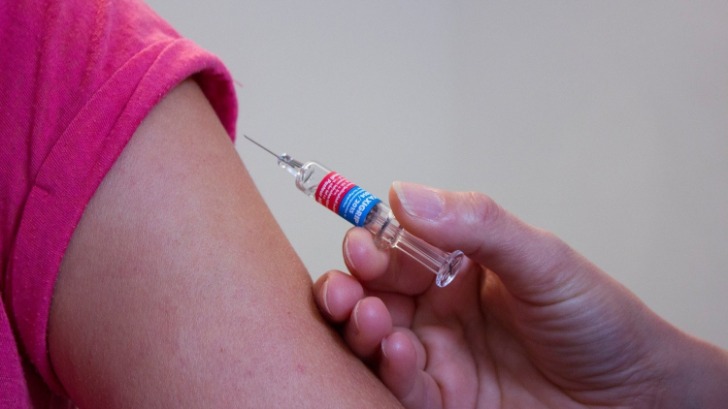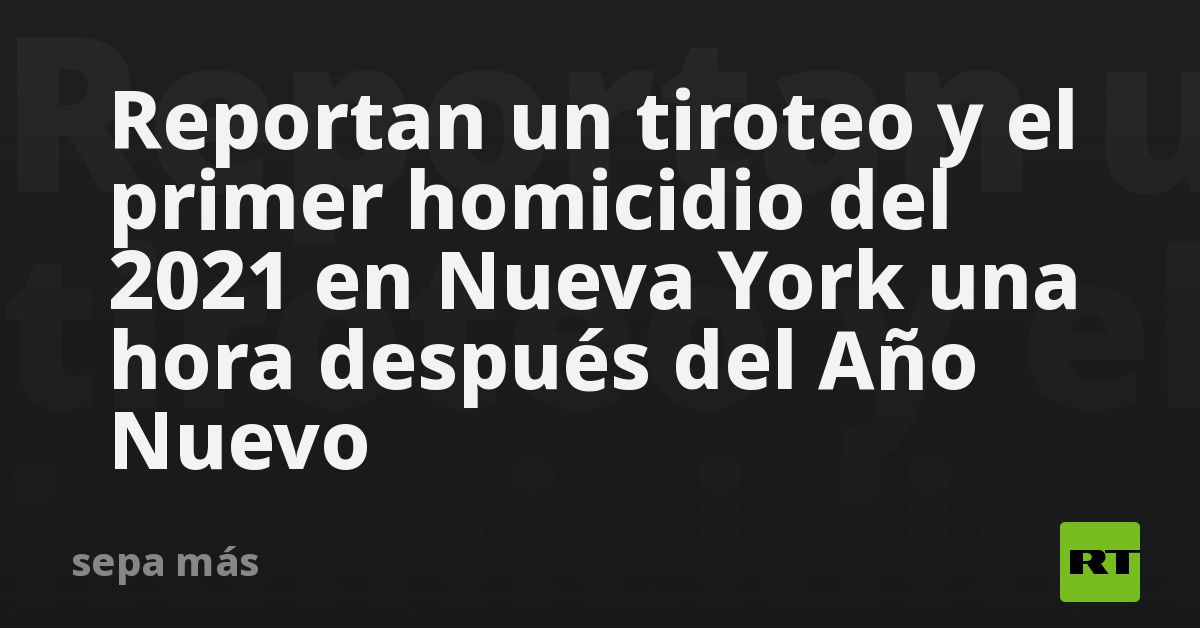Berlin (AFP / dpa). Germany is still in strict lockdown – until at least January 10th. But how long will the measures remain in force? On January 5th, the Prime Ministers of the federal states will discuss with Chancellor Angela Merkel (CDU) how to proceed. Some tendencies are already emerging. Here are the most important questions and answers about the Corona summit:
What exactly is January 5th about?
The Chancellor is discussing the rules that will apply in the federal states after January 10th with the regional leaders. Specifically, it concerns the possible extension of contact restrictions, quarantine regulations and compulsory testing for travelers, exit restrictions, the closure of educational and cultural institutions, restaurants, most shops and service providers. The federal states are also expected to address their demand that the federal government should supply them with more corona vaccine.
What criteria are used to make a decision?
The number of new corona infections and deaths will play a decisive role, as will the occupancy of intensive care beds in hospitals. Politicians have to weigh the risk of infection against other factors such as the right to education for children and the possible economic consequences of the closure of businesses. The aim is to reduce the number of new infections to below 50 per 100,000 inhabitants in one week.
What are the current rules?
There is an upper limit of five people from two households for private meetings, not including children up to 14 years of age. The retail trade is closed – with a few exceptions such as grocery stores, pharmacies, petrol stations and drug stores. Hairdressers and cosmetic studios are also closed. In all federal states there are currently Christmas holidays, which is why schools are open anyway. Daycare centers are also closed, with the exception of a few emergency care facilities. Employers are required to offer home offices wherever possible. Exit restrictions also apply regionally.
Is there already a tendency as to how the decision will turn out?
The politicians who have spoken out so far expect the lockdown to be extended beyond January 10th. Berlin’s Governing Mayor Michael Müller (SPD), for example, who is currently chairing the Prime Minister’s Conference, expects it. “If the number of infections remains so high, then I assume that we will at least extend these measures that we have now,” he said on Thursday at RTL / n-tv.
North Rhine-Westphalia’s Prime Minister Armin Laschet made a similar statement. “The expectation that everything will come to an end next week with the lockdown must – I think – take away from people,” said Laschet. “We’ll have to hold out for a long time.” Federal Minister of Health Jens Spahn (CDU) said he considered lifting all corona restrictions after January 10th to be unrealistic.
What’s the biggest sticking point?
Prior to this, there was a dispute about opening schools. While they were not considered to be the drivers of the infection in the first few months of the pandemic, new studies show that some infections do occur in schools. For example, a study from Hamburg recently became known, according to which at least 25 students and teachers in a school were very likely to be infected from a single infected person in September. In general, the political leaders are willing to reopen schools as soon as possible. The question of the right time is controversial.
That also caused a dispute Delivery of the countries with corona vaccine. This is the responsibility of the federal government, which purchases the vaccine and distributes it to the federal states, which then use it. The federal states want the federal government to deliver more and faster.
–


